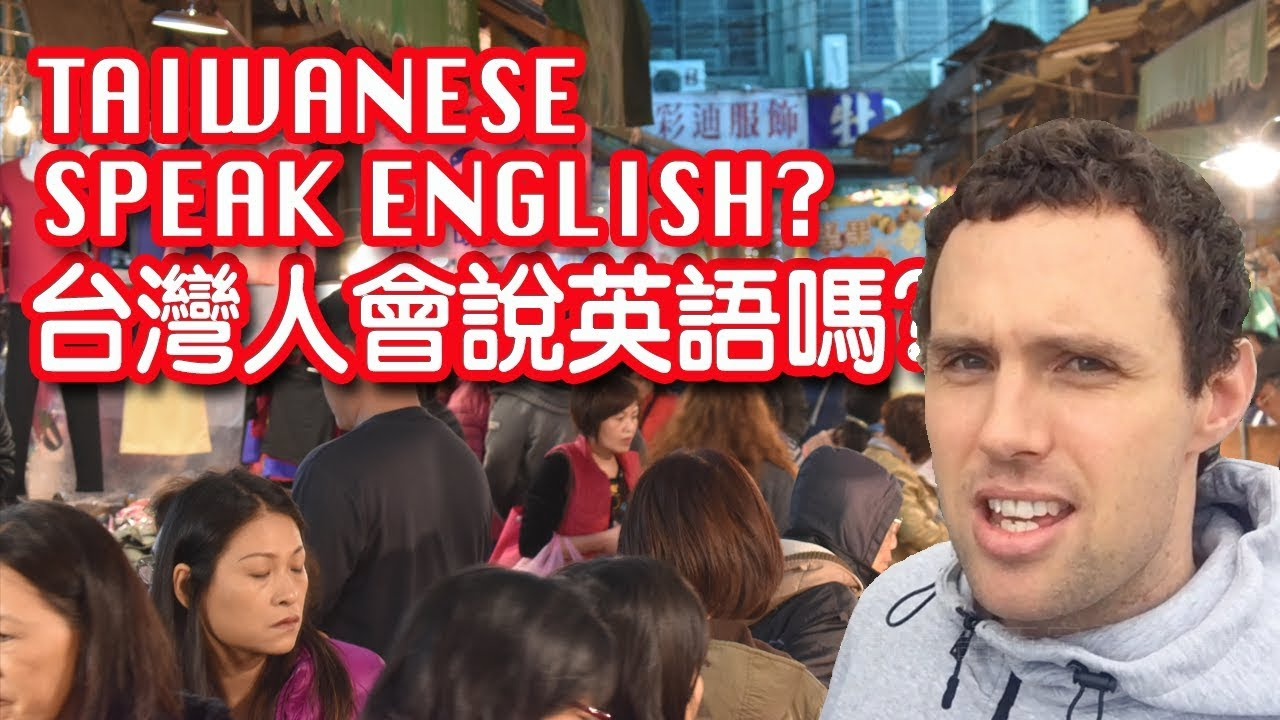Language is a powerful tool that connects people across cultures and backgrounds. In today’s globalized world, the ability to communicate in multiple languages has become increasingly important. One such translation challenge is between Taiwanese and English. Taiwanese, also known as Taiwanese Hokkien, is a Chinese dialect spoken predominantly in Taiwan, while English is one of the most widely spoken languages globally. Bridging the gap between these two languages is not only essential for effective communication but also for understanding cultural nuances, fostering business relations, and strengthening international ties.
In this article, we explore the process of translating from Taiwanese to English, the challenges involved, and the importance of accurate translations in both personal and professional settings.
What is Taiwanese?

Taiwanese, or Taiwanese Hokkien, is a variety of the Southern Min language spoken by a majority of people in Taiwan. It is a branch of the larger Chinese language family, but it is distinct from Mandarin Chinese, which is the official language of Taiwan. Taiwanese has its roots in the Fujian province of China, where the Southern Min dialect originated.
In Taiwan, Taiwanese is often used in informal settings, with family, friends, and in daily conversations. However, Mandarin is the dominant language used in business, education, and government institutions. Despite Mandarin’s prominence, Taiwanese remains an essential part of the island’s cultural identity, and many people in Taiwan speak it fluently, especially in more rural areas.
Challenges of Translating Taiwanese to English
1. Cultural Context and Idiomatic Expressions
One of the primary challenges in translating Taiwanese to English is dealing with cultural differences and idiomatic expressions. Taiwanese is rich in colloquialisms, metaphors, and proverbs that don’t have direct equivalents in English. These expressions often carry deep cultural meanings that are difficult to convey accurately without losing their nuance.
For example, the Taiwanese phrase “吃醋” (chī cù) literally translates to “eating vinegar,” but its meaning in English is to feel jealous. Directly translating idiomatic expressions without considering their cultural context can lead to confusion or misinterpretation.
2. Lack of Direct Equivalents
Another significant challenge is the absence of direct equivalents between Taiwanese and English words. While Mandarin Chinese and English often have standardized translations due to the formalization of Mandarin as the national language of China and Taiwan, Taiwanese contains many unique terms, especially in regional dialects, that don’t have English counterparts.
For instance, Taiwanese often uses different words to describe family members, such as “阿母” (a-mu) for mother, which is very different from the Mandarin “母亲” (mǔqīn). Translating these words requires an understanding of the cultural significance and context of the term to ensure the translation feels natural in English.
3. Tone and Pronunciation
Taiwanese is a tonal language, meaning that the meaning of a word can change depending on the tone used. This is a feature common to many Chinese dialects but can be particularly challenging when translating to English, which does not use tonal distinctions in the same way.
For example, the word “馬” (mǎ) in Mandarin means “horse,” but the word “媽” (mā) means “mother.” In Taiwanese, these words may sound very similar or even identical to non-native speakers, but their meanings can differ widely based on tone and context. Translating such words requires a careful approach to ensure that tone is properly accounted for, even though English doesn’t use tones in the same way.
4. Different Sentence Structures
The sentence structures in Taiwanese and English can be vastly different. Taiwanese often follows a Subject-Verb-Object (SVO) structure similar to English, but the use of particles and the order of certain words in a sentence can vary significantly. Taiwanese also tends to omit subjects and objects in informal speech when they are understood from context, a feature less common in English.
For example, the Taiwanese sentence “你有沒有吃?” (lí ū bô chiah?) translates roughly to “Have you eaten?” In Taiwanese, it’s common to omit the subject “you” when the context makes it clear. In English, however, it’s necessary to include the subject for clarity. Translating such sentences may require reworking the sentence structure to make it grammatically correct in English while maintaining the original meaning.
Importance of Accurate Taiwanese to English Translations
1. Cultural Understanding

Accurate translation from Taiwanese to English is essential for fostering mutual understanding between cultures. Taiwan has a rich and unique cultural heritage that is reflected in its language. Translating Taiwanese accurately helps preserve the cultural context, traditions, and local customs, which is crucial for global audiences to appreciate the subtleties of Taiwanese society.
In fields like tourism, education, and media, an accurate translation ensures that foreign audiences understand the cultural significance behind Taiwanese art, history, and practices. For example, translating the local language properly in a travel brochure can help visitors gain insight into Taiwan’s diverse landscapes, festivals, and food culture.
2. Business and Trade Relations
As Taiwan continues to expand its influence in the global market, the need for Taiwanese to English translation in business settings becomes increasingly important. Accurate translations are vital for international companies looking to establish trade relations, expand their operations in Taiwan, or communicate effectively with local partners and clients.
In the business world, precision is key. Incorrect translations can lead to misunderstandings in contracts, marketing materials, or product instructions, potentially damaging business relationships or costing companies a significant amount of money. Therefore, professional translators who are fluent in both Taiwanese and English are often hired to ensure that every detail is captured accurately.
3. Academic and Legal Translation
Taiwanese to English translation also plays a significant role in academic and legal contexts. Taiwanese universities offer courses in a wide range of disciplines, and many of these institutions have attracted international students. For these students, having access to accurate translations of academic materials is crucial for their success.
Similarly, in legal contexts, ensuring that official documents, contracts, and laws are accurately translated is essential for avoiding legal disputes and ensuring fairness. Taiwanese legal systems may include terms and practices that are unique to the island, and these must be understood by English-speaking individuals for proper interpretation.
4. Media and Entertainment
Taiwan’s film, music, and television industries are growing in global popularity. In recent years, Taiwanese films and TV shows have garnered attention worldwide, and accurate translations are necessary for international audiences to fully appreciate the content. Translating dialogue, lyrics, and other forms of media can be challenging due to the need to balance accuracy with cultural relevance. But it is essential for connecting the Taiwanese entertainment world with audiences outside of the Mandarin-speaking regions.
For example, the recent success of Taiwanese TV dramas and movies on international streaming platforms like Netflix demonstrates the demand for high-quality translation. The nuanced humor, emotional depth, and local references in these works need to be conveyed accurately in English to retain their original impact.
The Role of Professional Translators

While there are various online tools and machine translations available for translating Taiwanese to English, professional translators are essential for ensuring accuracy and cultural sensitivity. Professional translators not only have a deep understanding of both languages but also possess cultural knowledge that allows them to adapt translations to suit the context and audience.
Machine translations often fail to grasp idiomatic expressions, nuances in tone, and contextual meaning, making them unreliable for sensitive or important content. Professional translators can interpret both the language and the cultural context, ensuring that the translation is not only linguistically correct but also culturally appropriate.
Conclusion
Translating Taiwanese to English is a complex but rewarding process that involves much more than simple word-for-word conversion. It requires an understanding of the cultural, historical, and linguistic differences between the two languages to achieve a translation that is both accurate and meaningful. As Taiwan continues to play a larger role in the global community, the need for quality Taiwanese to English translations will only grow. Whether for business, academic, cultural, or entertainment purposes, accurate translations help foster communication and understanding across borders, ensuring that Taiwan’s unique culture is accessible to the world.



